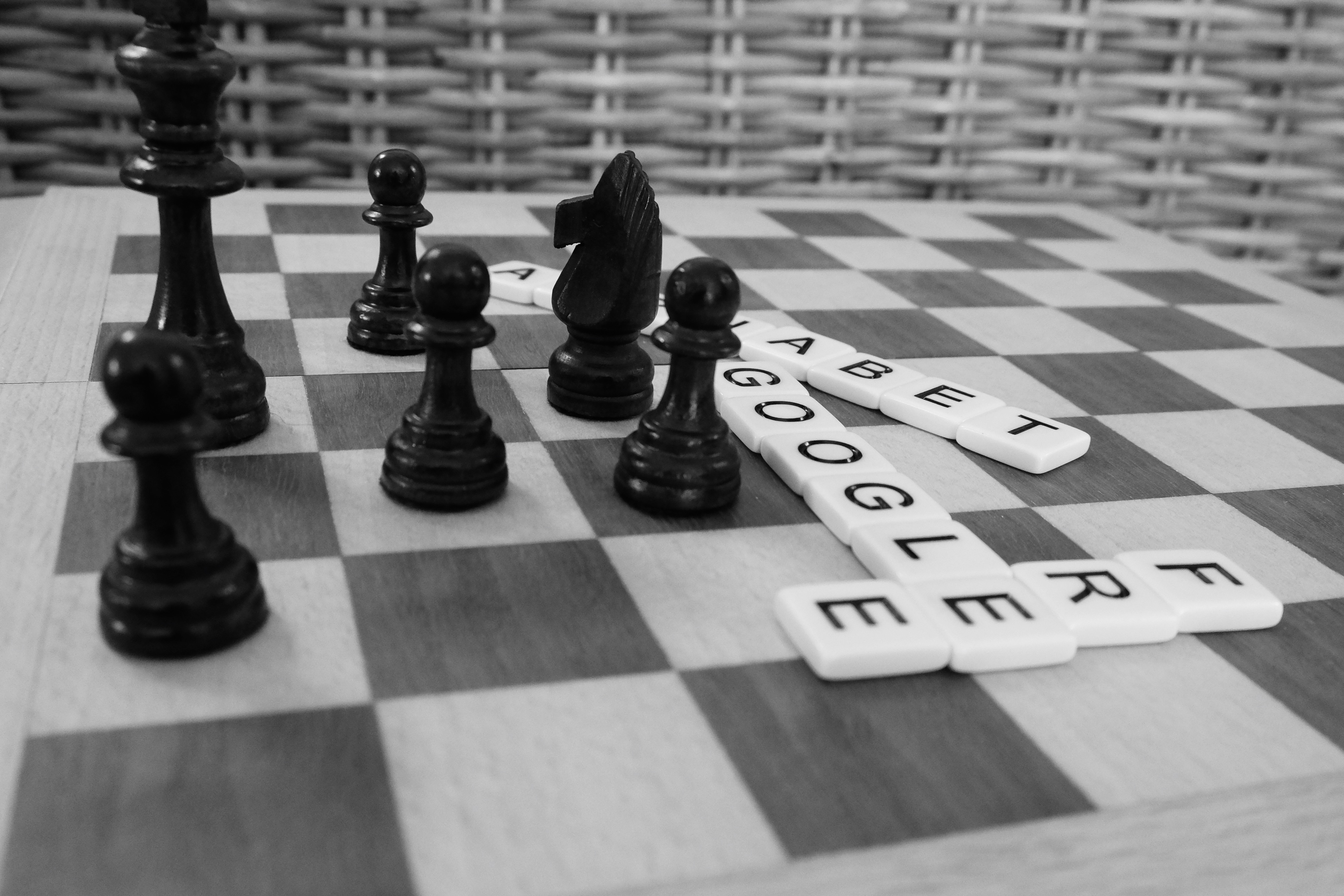Today ends tight-integration between Google Drive and Photos, which when working on Chromebooks I earnestly depended for the fluidity of my imaging workflow. As expressed about three weeks ago, the change contributed to my decision to abandon all things Google. I have lost trust in the company’s commitment to treating users as customers; they are instead beta testers for products and commodities to be profited from. That’s the price paid for free.
I have waffled about Alphabet for more than a decade—delighting in beneficial innovation and ignoring even my own analysis about Google’s profiting from—no, exploiting—content created by others. As I have written before: “Google is a leech that feeds off the intellectual property of legitimate content producers. The search giant profits from your good work, reducing its value in the process. Stated differently, ‘You create it, we sell it, and you must give it away for free’. How convenient that Google assigns such value, free, to someone else’s good work, while producing little content of its own”.
I have written fairly extensively about the Google economy, which in 2019 is more like the Alphabet-Facebook free economy. I’m done with FB, too. I deactivated my account four days ago. Deletion surely will follow. In fact, I will have closed all the free, ad-supported online services where I have registered by month’s end. Time is long past to be more serious about privacy and security. For years, I have signed up for zillions of Cloud services because I write about technology. In the future, I will write against them.
I support democratic-capitalism, when competition creates consumer choice and benefits. But free is a price too high for the open, or even the commercial, Internet to meet. Gravely disconcerting: As Alphabet, Facebook, and their closest rivals advance artificial intelligence technologies, a conflict of values is inevitable. As I have expressed before, about the inherent ethical contradictions between humans and the entities they create: “In business there simply is no moral high ground because the high ground is quagmire; public companies seek what is in their best interest or that of their shareholders”. In other words: Profits before people, evaluated every three months.
My crusade is purely personal. I don’t seek to convert anyone to my cause, nor do I advocate regulating Internet companies like Alphabet or FB. So I return to my roots, of choosing seemingly lesser technologies—for their lack of popularity, meaning—as done with, for example:
- Apple in 1998, when Windows owned the PC market
- Firefox in 2004, when Internet Explorer’s browser usage share was unmatched by any rival
- iPhone in 2007, when Nokia ruled the global cellular handset market; Microsoft smartphone operating systems
- Chrome OS in 2012, when the marketability of a browser-based (Linux) operating system seemed to be Google’s folly
And so on. I return to minority status with choices like DuckDuckGo over Google (or Bing) search. I will write about other changes as they are made.
The Featured Image is concept art created four years ago for an exposé about the Google economy. So there is some appropriateness to its use here. I captured the image using Fujifilm X-T1 on Aug. 24, 2015. Vitals: f/5.6, ISO 2500, 1/60 sec, 18mm; 12:26 p.m. PDT.
